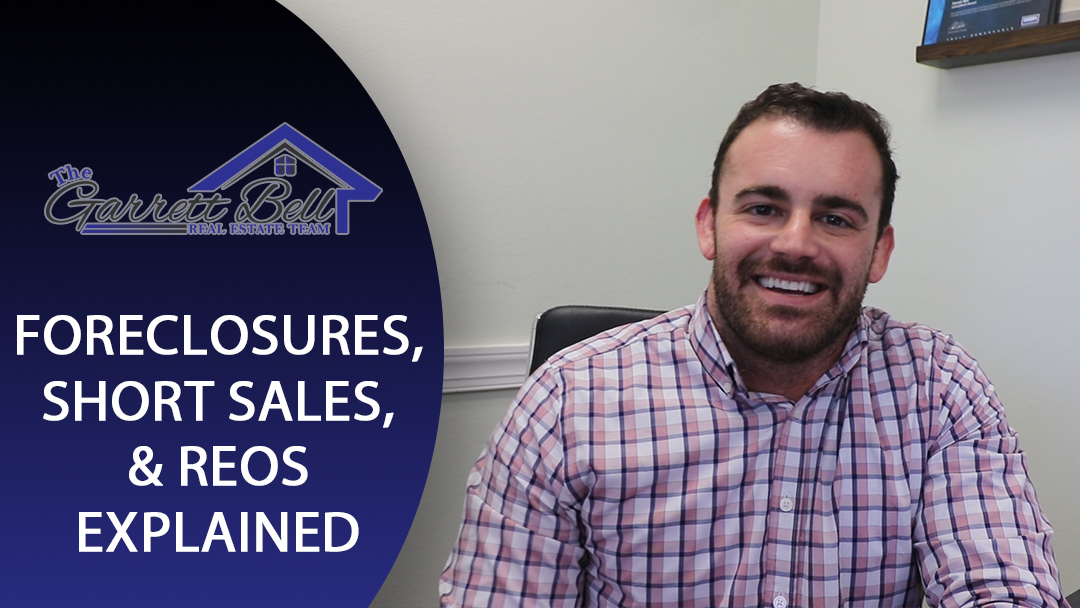
If you frequently visit home search sites like Zillow, terms like “foreclosure”, “short sale”, and “REO” might all sound familiar – but do you know the difference between them? If not, find out in today’s message.
Buying a home? Click here to search all homes for sale.
Selling your home? Click here to learn more about our home selling system.
Today I’ll help you gain more of an understanding of the difference between three classifications in real estate: short sales, foreclosures, and REO properties. These are terms that show up on Zillow and leave many buyers confused.
Let’s first talk about what pre-foreclosures are. This type of property is one that has gone into default but has yet to go through the foreclosure sale.
They often appear on Zillow along with an estimated value of the property and are sometimes mistakenly believed to be for sale. In actuality, these properties are set up to go to auction at a forthcoming date. The key takeaway is that preforeclosures aren’t for sale.
A short sale occurs when the homeowner owes more than the house is worth. In these scenarios, the bank that holds the mortgage is tasked with approving the sale. Because of this, the sale process is pretty slow-moving, and they’re a vanishing form of sale in today’s market. The process is still carried out between the buyer and the property owner, but the bank ultimately has the final say.
When a property is going to foreclosure, that means it’s now going to auction. Here in Brevard County, it’ll go to a live auction in Titusville. This is a foreclosure sale in its true form—the owner has gone into default for long enough that judgment has been called.
Like you’d expect at a live auction, buyers are vying for the property, and it will eventually go to the highest bidder. If you’re the winning bidder, you’ll have to deliver 5% of the price before the next property is up for auction. Then, you’ll have to come up with the remaining 95% of the bid by 5 p.m. on that business day.
Lastly, let’s explore REO, or bank-owned, properties. As the most commonly seen on this list, these properties have gone through the foreclosure auction unsuccessfully and have been returned to the bank. Though complications can arise at this stage, the bank sets a price, and these homes are marketed on the MLS where they’ll be purchased by a buyer.
I hope today’s message helped remove some of the confusion around these three types of properties. If you have further questions, please don’t hesitate to reach out to me. I look forward to hearing from you!


